The 6 Best Ways To Say Thank You In German
2023-09-07

In a world that thrives on communication and interaction, expressing gratitude is a universal gesture that transcends language barriers. When you’re learning a new language like German, knowing how to say “thank you” is not only polite but also a way to connect with the locals on a deeper level. In this article, we will explore the best ways to express gratitude in the German language.
Understanding the Importance of Saying Thank You
Before we dive into the various ways of saying “thank you” in German, let’s briefly touch on why expressing gratitude is essential. Gratitude is a universal language that fosters goodwill, strengthens relationships, and leaves a positive impression. Whether you’re traveling to Germany, communicating with German-speaking friends, or simply want to broaden your linguistic horizons, knowing how to convey appreciation is a valuable skill.
German Expression | English Translation |
Danke | Thank you |
Vielen Dank | Many thanks |
Herzlichen Dank | Heartfelt thanks |
Dankeschön | Thank you very much |
Ich danke Ihnen | I thank you |
Danke dir (informal) | Thank you (to one person) |
Danke euch (informal) | Thank you (to a group) |
Merci (Regional) | Thank you (in some areas) |
“Thank You” in German
The Basics: “Danke”
The most common and straightforward way to say “thank you” in German is “Danke.” It’s a polite and widely accepted expression of gratitude in both formal and informal settings. Remember to pronounce it as “dahn-kuh” with a soft “a” sound, similar to the English word “donkey.”
Taking It Up a Notch: “Vielen Dank”
To express deeper gratitude, you can say “Vielen Dank,” which translates to “Many thanks.” This phrase adds a touch of sincerity and is suitable for situations where you want to convey a more profound appreciation.
Showing Appreciation in Writing: “Herzlichen Dank”
If you’re writing a thank-you note or email, consider using “Herzlichen Dank,” which means “Heartfelt thanks.” It adds warmth to your message and conveys a genuine sense of appreciation.
Expressing Thanks with Enthusiasm: “Dankeschön”
For an even more enthusiastic expression of gratitude, “Dankeschön” is a great choice. It means “Thank you very much” and is often used when you’re exceptionally grateful for something.
Formal Gratitude: “Ich danke Ihnen”
When you want to express formal gratitude, especially in professional or business contexts, saying “Ich danke Ihnen” is appropriate. It translates to “I thank you” and adds a touch of professionalism to your appreciation.
Informal and Friendly: “Danke dir” and “Danke euch”
In informal settings, such as among friends or family, you can use “Danke dir” when addressing one person and “Danke euch” when expressing thanks to a group of people. These phrases convey a sense of closeness and familiarity.
Regional Variations
It’s worth noting that German can vary from region to region, and so can expressions of gratitude. In some areas, you might hear unique phrases like “Merci” in southern Germany, which is influenced by neighboring France. Understanding regional variations can enhance your cultural appreciation.
Gestures of Gratitude
In addition to verbal expressions, gestures play a significant role in conveying gratitude in Germany. A warm smile, a nod, or a handshake can complement your verbal thanks and make your appreciation even more sincere.
Conclusion
Learning how to say “thank you” in German is a valuable skill that goes beyond basic etiquette. It opens doors to meaningful connections and cultural understanding. Whether you’re a traveler, a language enthusiast, or someone eager to build bridges with German speakers, these expressions of gratitude will serve you well.
Frequently Asked Questions (FAQs)
Is “Danke” enough in most situations?
“Danke” is generally sufficient for everyday interactions. However, using variations like “Vielen Dank” or “Dankeschön” can add depth to your appreciation.
Are there regional differences in how “thank you” is expressed in Germany?
Yes, regional variations exist. Some areas may have unique phrases or pronunciations, so it’s beneficial to be aware of local customs.
Can I use informal expressions of gratitude with strangers?
It’s best to reserve informal expressions like “Danke dir” for people you are on familiar terms with. For strangers, “Danke” or “Vielen Dank” is more appropriate.
When is it suitable to use formal expressions like “Ich danke Ihnen”?
Use formal expressions in professional settings, when addressing elders, or in any situation where a higher level of respect is required.
Are non-verbal gestures of gratitude important in Germany?
Yes, non-verbal gestures, such as a smile or nod, are important and complement verbal expressions of thanks. They show sincerity and appreciation.
Share
Tag
Related Blog
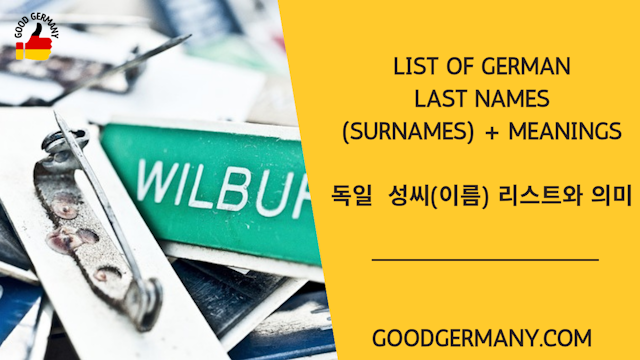
15 List of German Last Names(Surnames) + Meanings
2024-01-14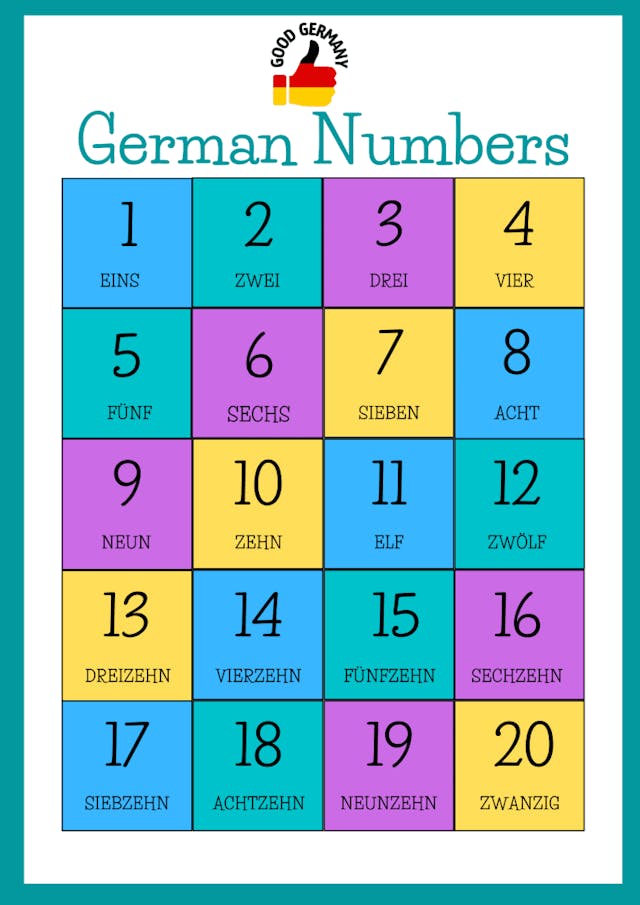
German Numbers – From 0 To 2000
2023-09-07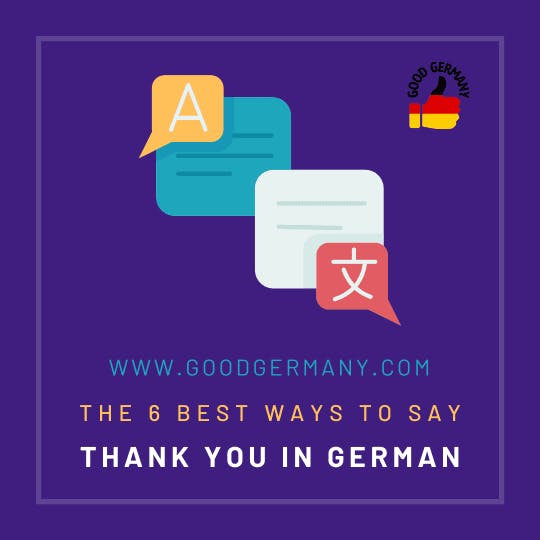
The 6 Best Ways To Say Thank You In German
2023-09-07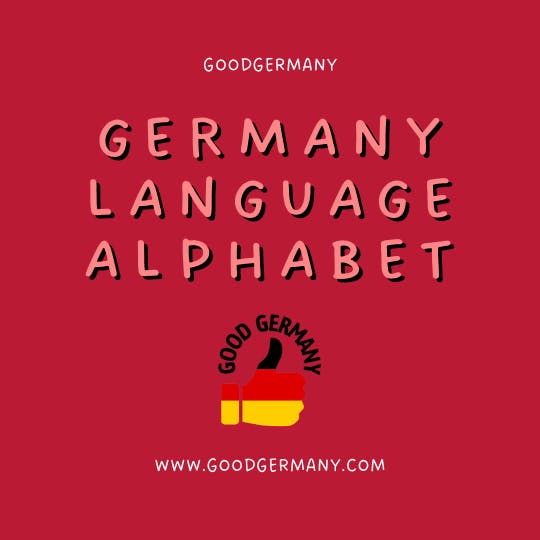
Germany Language Alphabet
2023-09-01
Most Popular Names in Germany Top 10
2023-08-28
German Prepositions with Dative vs. Accusative: A Comprehensive Guide
2023-08-27
Greetings by Region: German
2023-07-24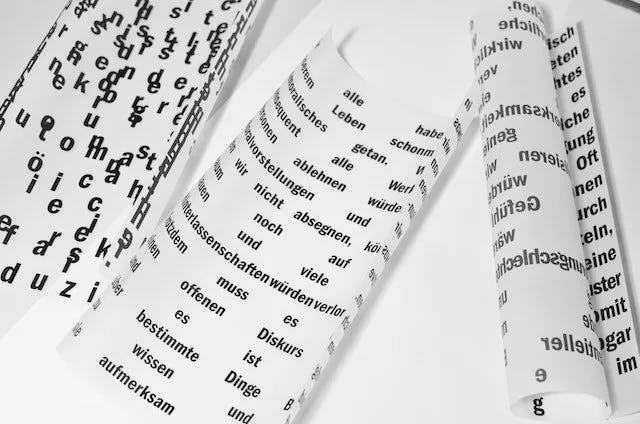
German Basic Conversation
2023-07-13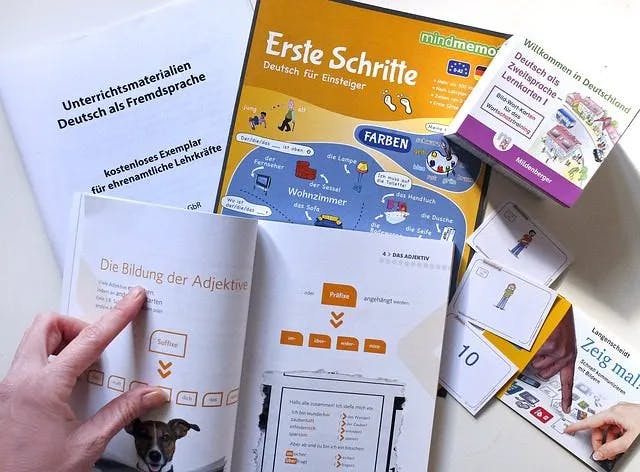
Best Site to Learn German - Top 12
2023-07-06